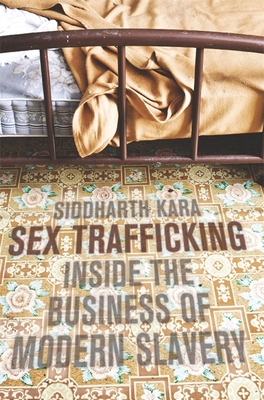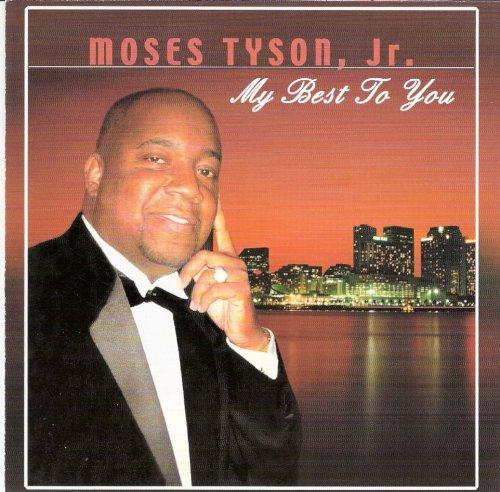
description
4Every year, hundreds of thousands of women and children are abducted, deceived, seduced, or sold into forced prostitution, coerced to service hundreds if not thousands of men before being discarded. These trafficked sex slaves form the backbone of one of the world's most profitable illicit enterprises and generate huge profits for their exploiters, for unlike narcotics, which must be grown, harvested, refined, and packaged, sex slaves require no such "processing," and can be repeatedly "consumed." Kara first encountered the horrors of slavery in a Bosnian refugee camp in 1995. Subsequently, in the first journey of its kind, he traveled across four continents to investigate these crimes and take stock of their devastating human toll. Kara made several trips to India, Nepal, Burma, Thailand, Laos, Vietnam, the United Kingdom, Italy, the Netherlands, Denmark, Albania, Moldova, Mexico, and the United States. He witnessed firsthand the sale of human beings into slavery, interviewed over four hundred slaves, and confronted some of those who trafficked and exploited them. In this book, Kara provides a riveting account of his journey into this unconscionable industry, sharing the moving stories of its victims and revealing the shocking conditions of their exploitation. He draws on his background in finance, economics, and law to provide the first ever business analysis of contemporary slavery worldwide, focusing on its most profitable and barbaric form: sex trafficking. Kara describes the local factors and global economic forces that gave rise to this and other forms of modern slavery over the past two decades and quantifies, for the first time, the size, growth, and profitability of each industry. Finally, he identifies the sectors of the sex trafficking industry that would be hardest hit by specifically designed interventions and recommends the specific legal, tactical, and policy measures that would target these vulnerable sectors and help to abolish this form of slavery, once and for all. The author will donate a portion of the proceeds of this book to the anti-slavery organization, Free the Slaves.
member goods
No member items were found under this heading.
Return Policy
All sales are final
Shipping
No special shipping considerations available.
Shipping fees determined at checkout.







